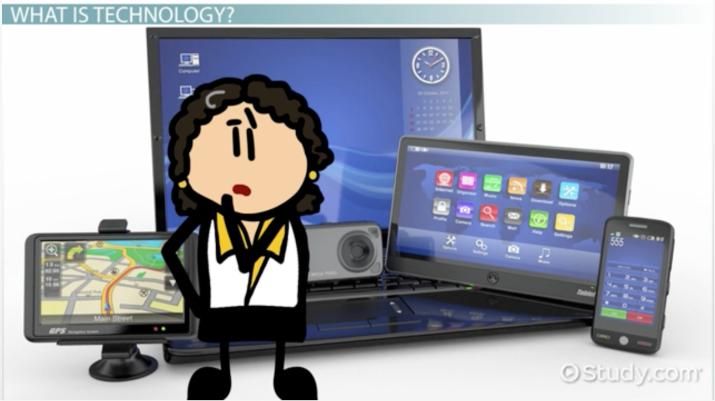Exploring the Future of Biometric Feedback in Gaming

In recent years, the gaming industry has seen significant advancements in technology that have revolutionized the way we experience games. One area that is quickly gaining traction is the use of biometric feedback in gaming. Biometric feedback refers to the collection and analysis of physiological data from players to enhance their gaming experience.
One of the most commonly used biometric feedbacks in gaming is heart rate monitoring. By tracking a player’s heart rate in real-time, game developers can adjust the gameplay to match the player’s physical and emotional state. For example, if a player’s heart rate increases during a particularly intense part of a game, developers can increase the difficulty level to match the player’s heightened arousal.

Another form of biometric feedback that is being explored in gaming is emotion detection. This technology allows games to track a player’s facial expressions, body language, and voice to determine their emotional state. By understanding how a player is feeling, developers can tailor the game’s responses to match the player’s emotions, creating a more immersive and personalized gaming experience.
Biometric feedback in gaming also has the potential to improve player performance. By monitoring a player’s physical data, such as eye movements and muscle tension, developers can provide real-time feedback on how to improve their gameplay. This can help players identify areas for improvement, enhance their skills, and ultimately reach higher levels of success in the game.
While the use of biometric feedback in gaming is still in its early stages, the potential applications are vast. From enhancing immersion and personalization to improving player performance, biometric feedback has the power to transform the gaming experience in ways we never thought possible. As technology continues to advance, we can expect to see even more innovative uses of biometric feedback in gaming in the future.